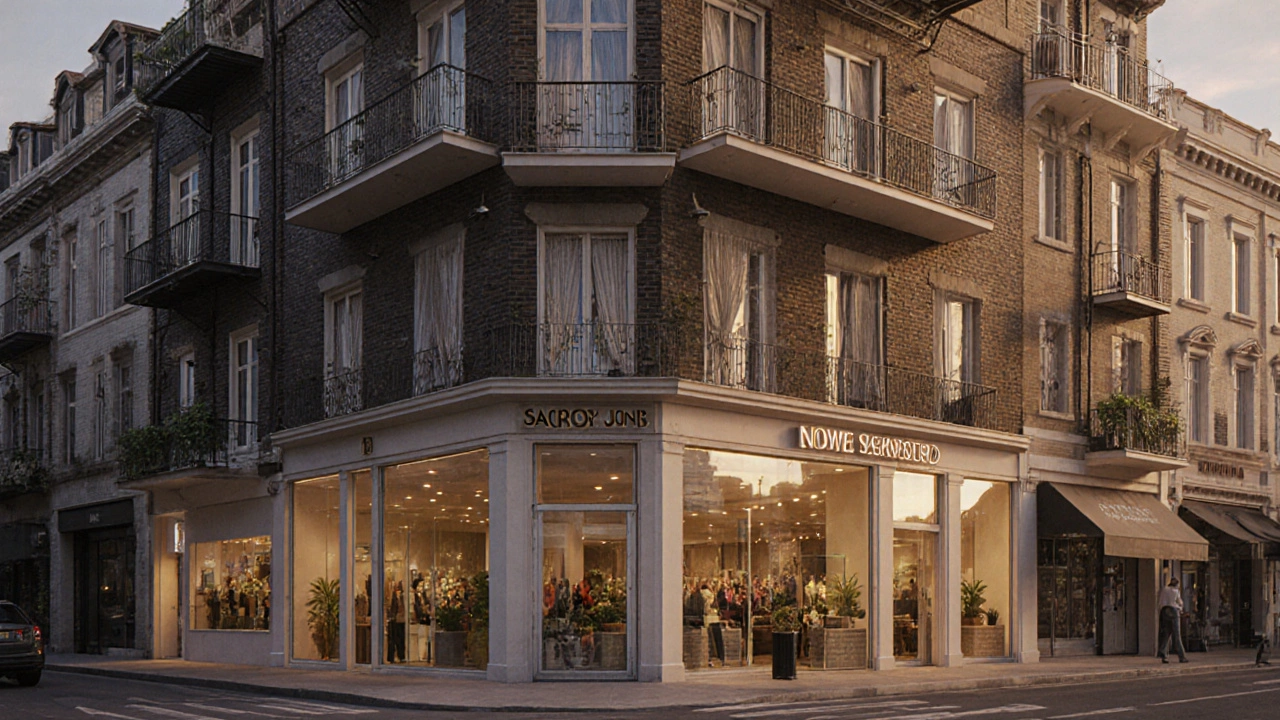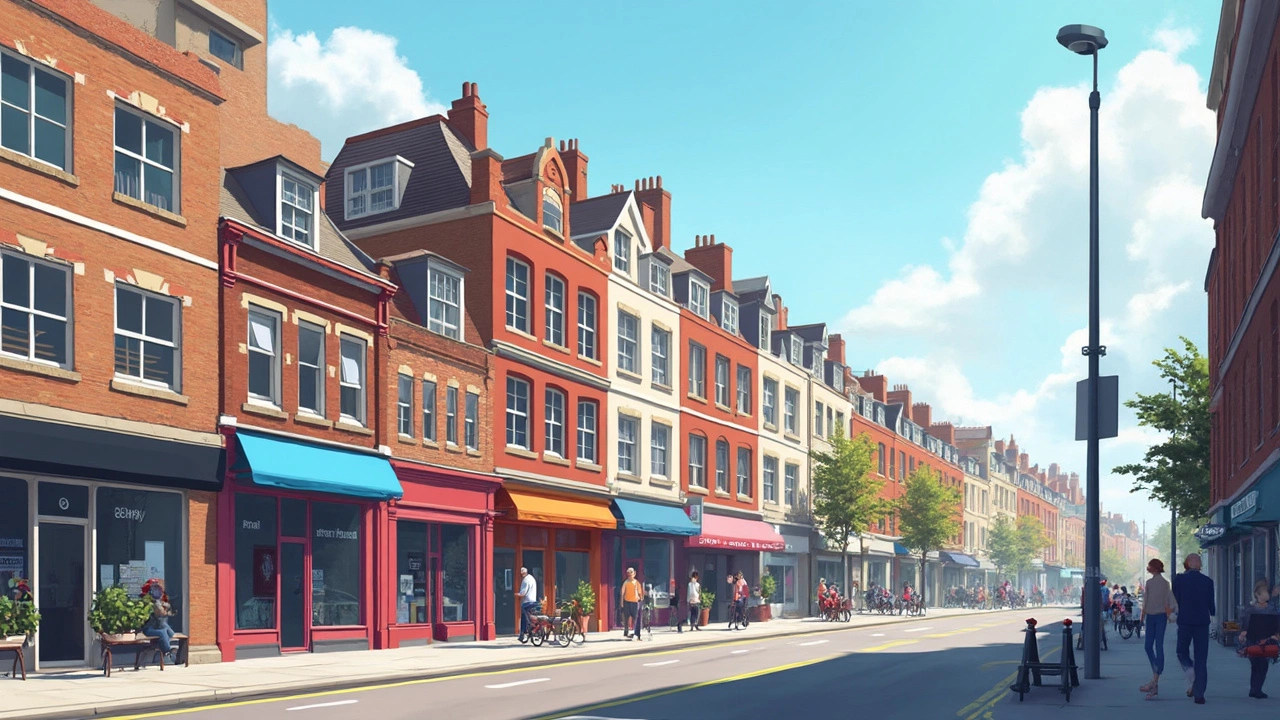Commercial Property Flooring & Solutions
Running a business in a commercial space means you need a floor that can handle foot traffic, equipment, and style preferences. The right floor not only looks good but also saves money on maintenance and replacements.
At First Choice Flooring we’ve helped offices, retail units, restaurants and warehouses pick flooring that fits their budget and function. Below you’ll find clear advice on what to look for, which materials work best and how to keep the floor looking fresh for years.
Why Choose the Right Flooring for Commercial Spaces
Commercial floors face more wear than a home floor. Heavy footfall, rolling carts, and occasional spills are the norm. That means durability, slip resistance and easy cleaning are top priorities.
Another factor is safety. Many commercial buildings must meet health and safety regulations, so you need a floor with the right slip rating and fire‑resistance class. Ignoring these rules can lead to fines or costly retrofits.
Cost is a big driver too. While a premium material might look great, its long‑term maintenance costs can outweigh the initial savings. Look for a balance between upfront price, lifespan and upkeep.
Top Flooring Choices for Different Business Types
Office spaces benefit from carpet tiles or low‑pile carpet. They reduce noise, add comfort and are easy to replace one tile at a time. If you prefer a hard surface, luxury vinyl plank (LVP) mimics wood but resists stains and dents.
Retail stores need a floor that showcases products. Polished concrete offers an industrial look, stays durable under heavy traffic and can be stained in brand colours. Vinyl sheet flooring provides seamless surfaces that hide scratches.
Restaurants and cafés face spills daily. Slip‑resistant ceramic tiles or quarry tiles are a safe bet. They can be cleaned with a mop and hold up against grease. For a warmer feel, consider engineered hardwood with a sealed finish.
Warehouses and industrial units demand strength. Heavy‑duty epoxy coating over concrete creates a tough, chemical‑resistant surface that can handle forklifts and pallets. If you need a softer feel, rubber flooring reduces fatigue for staff standing long hours.
Each material has pros and cons, so match the floor to the specific challenges of your business. Ask yourself: How much traffic will the area get? Will the floor see liquids or heavy equipment? What look does your brand want?
Our team can run a quick site survey and suggest the best fit. We’ll show you samples, explain warranty details and give you a clear price breakdown. No hidden fees, just straight‑forward advice.
Beyond picking a material, proper installation matters. A poorly laid floor can develop gaps, uneven wear or early cracking. That’s why we use experienced installers and follow manufacturer guidelines to the letter.
After the floor is in place, follow a simple maintenance plan. Sweep or vacuum daily, mop with a pH‑neutral cleaner and address spills right away. Regular inspections catch small issues before they become big repairs.
If you’re not sure which flooring suits your commercial property, start with a free consultation. We’ll listen to your needs, budget and design vision, then give you a shortlist of options that meet durability, safety and style goals.
Ready to upgrade your commercial space? Reach out today and discover why so many UK businesses trust First Choice Flooring for reliable, attractive flooring solutions.
What Makes a Building Commercial? Key Features That Define Commercial Properties
- Gavin Whitaker
- |
- |
- 0
A building becomes commercial not by how it looks, but by how it's used - for profit-driven activities like retail, offices, or hospitality. Zoning, building codes, and insurance all change when a space crosses from residential to commercial use.
View moreWhat Is Classified as Commercial? Commercial Construction Explained
- Gavin Whitaker
- |
- |
- 0
This article breaks down what counts as commercial in the construction industry. It highlights the types of properties classified as commercial, the rules that shape these buildings, and how they differ from residential spaces. You'll also get tips about zoning, building codes, and placement of mixed-use properties. With straightforward examples and practical advice, you'll know exactly where the commercial line is drawn.
View more
